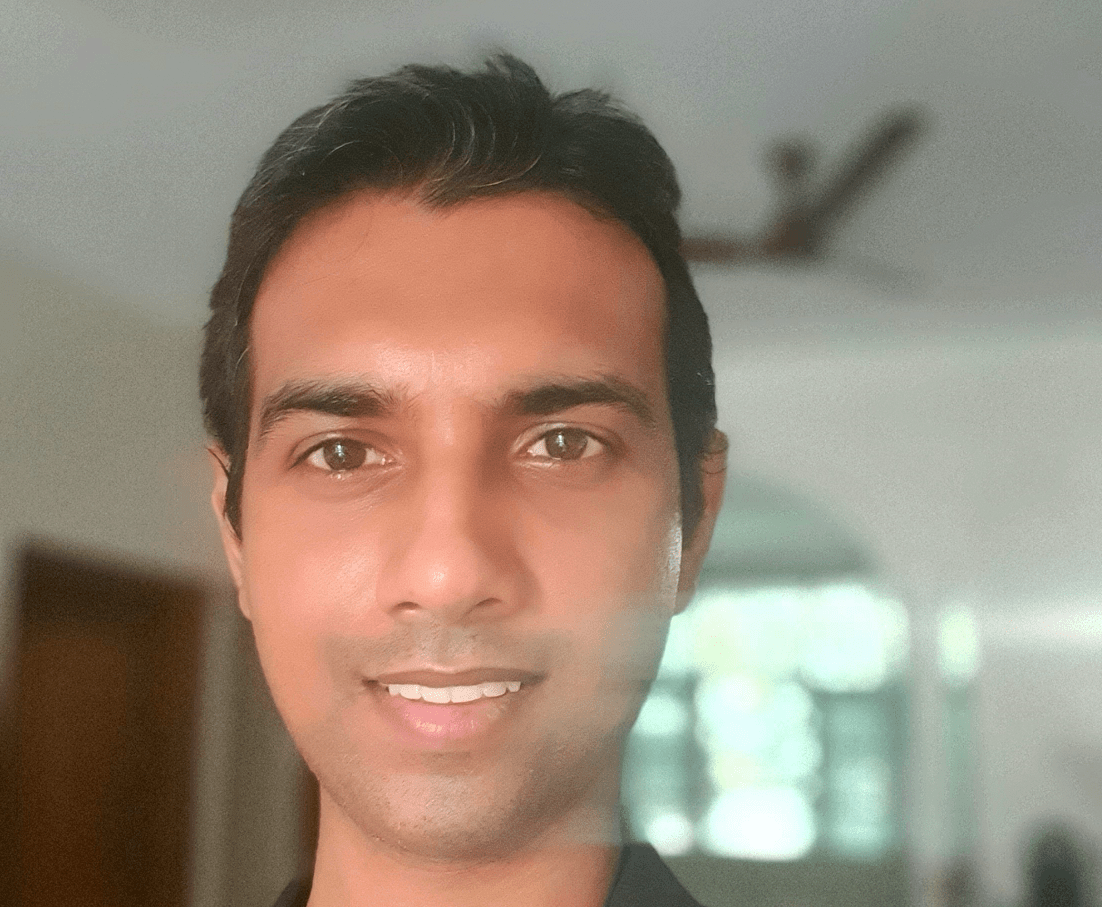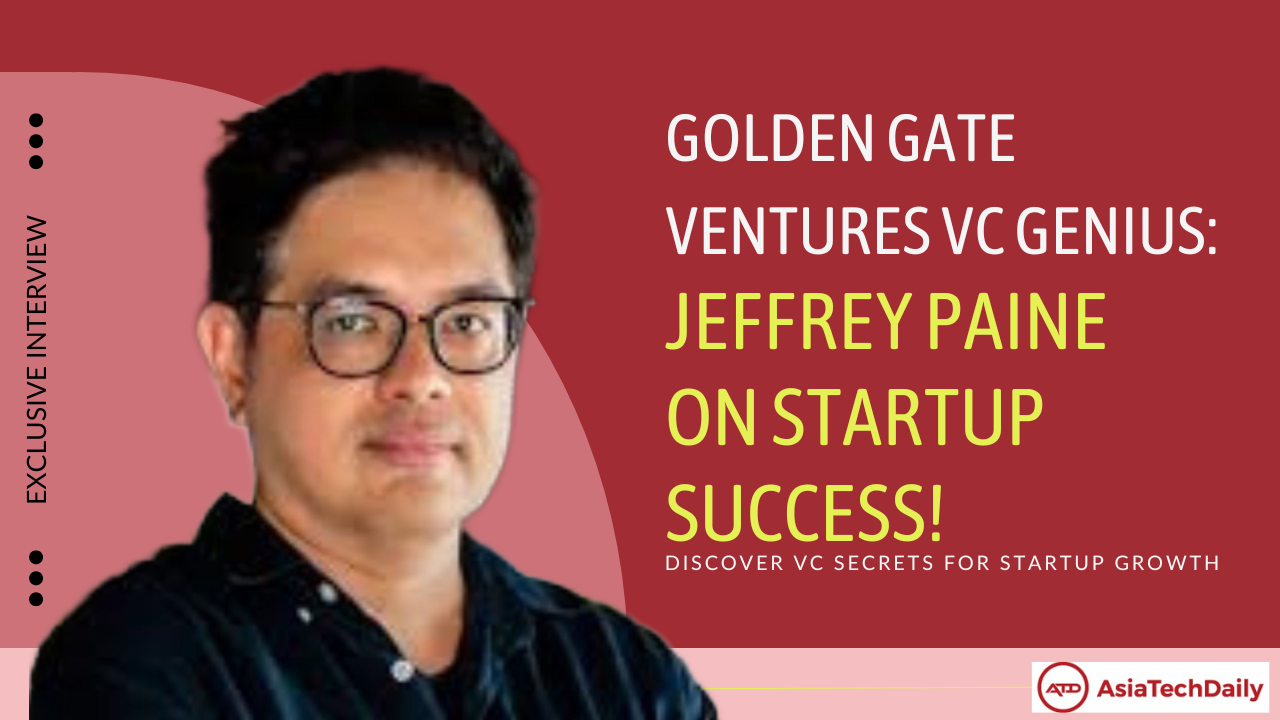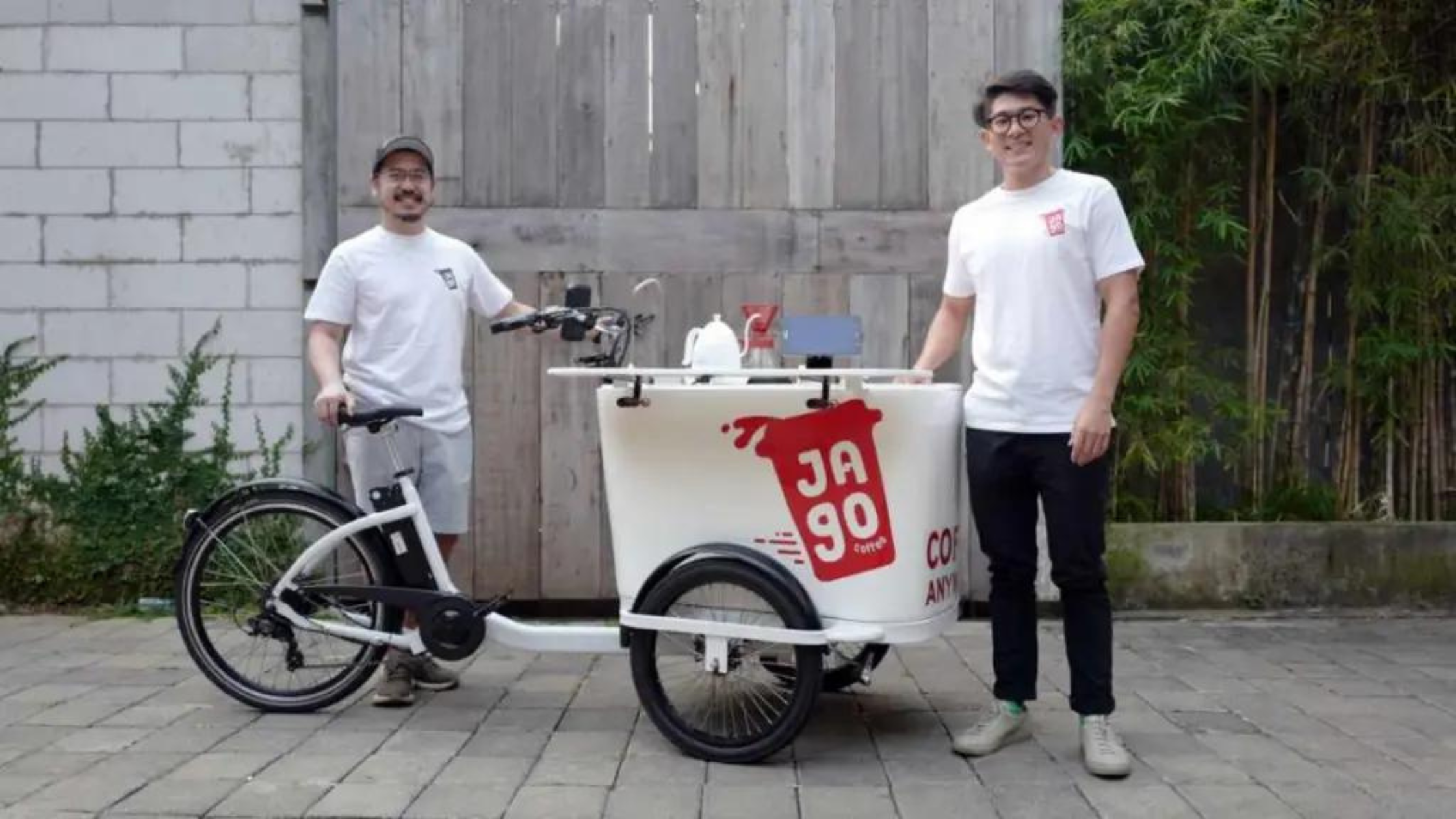AsiaTechDaily – Asia's Leading Tech and Startup Media Platform

Month-on-month revenue metrics and retention rate are critical KPIs to look for in startups – Angel Investor Mehul Mishra [Interview Part 2]
[This is Part 2 of AsiaTechDaily’s interview with Mehul Mishra. Click here to read Part 1 of the article]
What mistakes do you see founders make when raising money?
Mehul Mishra: All VCs are not the same so founders need to familiarize themselves with the VC’s investment process. A quick and easy way of doing that would be to read articles on the VC’s investment philosophy and their interviews where they specify their criteria.
Some VCs are very hands-on. There is no right VC, but some VCs are definitely more suited to your startup than others.
What’s your advice to entrepreneurs who pitch to investors like you? What are the top 3 questions that you always ask the founders?
Mehul Mishra: I always try to gauge the product first. Where it is now? Where does the founder expect to see the product building out in the near future? How does this vision map to the current competitive landscape? The main goal of this line of questioning is to get an idea of product-market fit and strengths and weaknesses of the company.
Secondly, understanding of the drivers of revenue is crucial. What are the current sources of revenue? Where does the founder anticipate future sources of revenue to come from? How sustainable those are those sources? Finally, I try to evaluate the total addressable size of the market for the startup.
Startup investing follows a power law curve where the best startup in your portfolio is responsible for more returns than the rest of the portfolio combined and the second-best startup gives a better return than the leftover portfolio combined.
Hence over a 10 year period, you might see the best company give a 400x return and the next best give a 40x return and the few with 1x to 2x returns and a big chunk giving 0 returns. Knowing this, investors look for companies with large markets so that they can find that one company that will return the bulk of the fund.
What are your thoughts about the term “Global” and what are the important factors/criteria for local startups to consider international expansion?
Mehul Mishra: With the current evolution of the internet, it has never been easier to develop a superior product/service and expand globally. The best case study is Bird (the scooter company) which expanded to 120 cities and raised 2 Billion in funding within 14 months of inception. It reflects the fact that not just service-based startups but product-based startups can also expand at a blistering pace with the right approach.
The first thing that startups need to keep in mind is that there is no point expanding unless the product/service is perfected in one city. I would advise startups to spend a significant amount of time working out the finer points/bottlenecks with their product before even thinking of expansion otherwise that one bottleneck would then have to be solved in multiple cities.
The regulatory environment however differs widely by country so in a lot of cases, companies can shorten the learning curve by tying up with local companies that are aware of the regulations and have established relationships with domestic suppliers and talent.
What kind of startup or tech industry will make a huge impact in the world in the near future in your view?
Mehul Mishra: Whenever there is a recession, some industries boom and others suffer. In the financial crisis of 2008, the banks and real estate companies suffered but the technology companies did quite well. Similarly in the current pandemic we have seen the decline of retail, commercial real estate and outdoor entertainment.
At the same time the pandemic has been a boom for e-Commerce, edtech and online gaming. Irrespective of the pandemic, I see great potential in Virtual reality, Augmented Reality, Internet of Things, Robotics, and Self driving automotive technology.
Which are the top-three books or movies/TV series that changed your life and how?
Mehul Mishra:
- Learn to Earn – Peter Lynch
- One up on Wall street – Peter Lynch
The above two books are the possibly the most important books on investing ever written. Most of the investment books are written from a very technical financial viewpoint that is very likely to turn readers off. These two however explain the most important aspects of investing in a lucid manner while keeping the content interesting.
- Intelligent Investor – Ben Graham
This one is the evergreen book on investing. It is the first book that pops up on every list of top 10 investor books and truly deserves that status. Chapter 8 and chapter 11 of the intelligent investor are considered to be the bedrock of Warren Buffets investing methodology over the past several decades.
How do you keep yourself motivated every day?
Mehul Mishra: The job of a VC is quite interesting because every day you are presented with technologies that could one day change the world. It is always a joy to meet founders that overcome obstacles to deliver innovative solutions and value to people’s lives. The fact that I have a front-row seat to the latest technological marvels, that the world has to offer, keeps me engaged.
What are the top- three life lessons that you want the next generation to know?
Mehul Mishra: 1) Whenever you pick up a new skill or join a new organization or start a new profession, the hardest part is the first one or two years. After that, there is a lot of repetition and it gets a lot easier. This applies to starting a company as well
2) Planned perseverance is the key. If a particular plan is not working then research, plan again, and try again.
3) A one percent improvement everyday (of anything) is a 3700 percent improvement over a year
What would you like to be remembered for?
Mehul Mishra: If I can generate significant economic value by promoting investments in breakthrough technologies and innovative companies, I would have achieved a worthy cause. I would like to be remembered as one of the people who gave a helping hand to successful founders in their early days of creating a disruptive novel enterprise.





